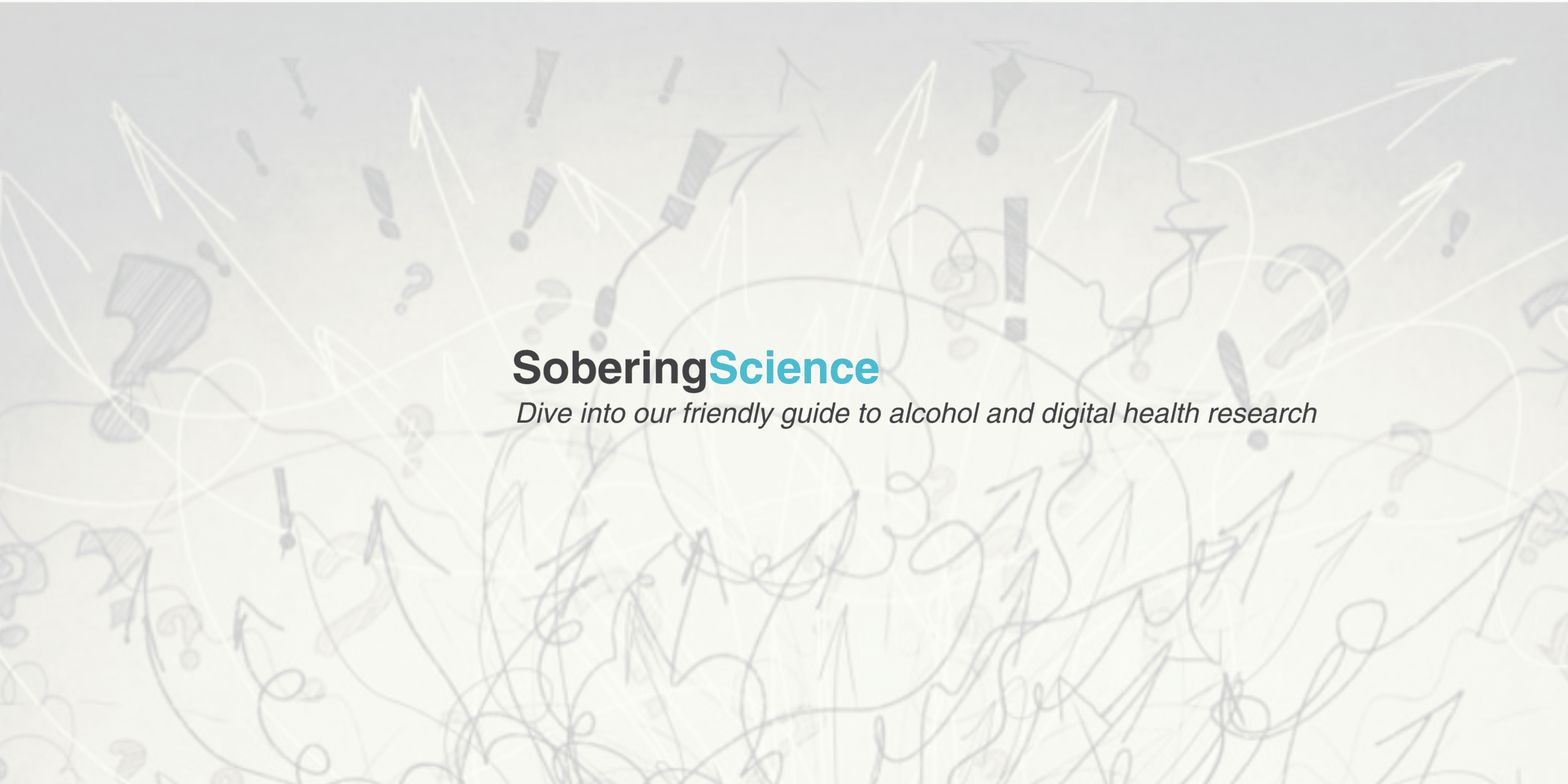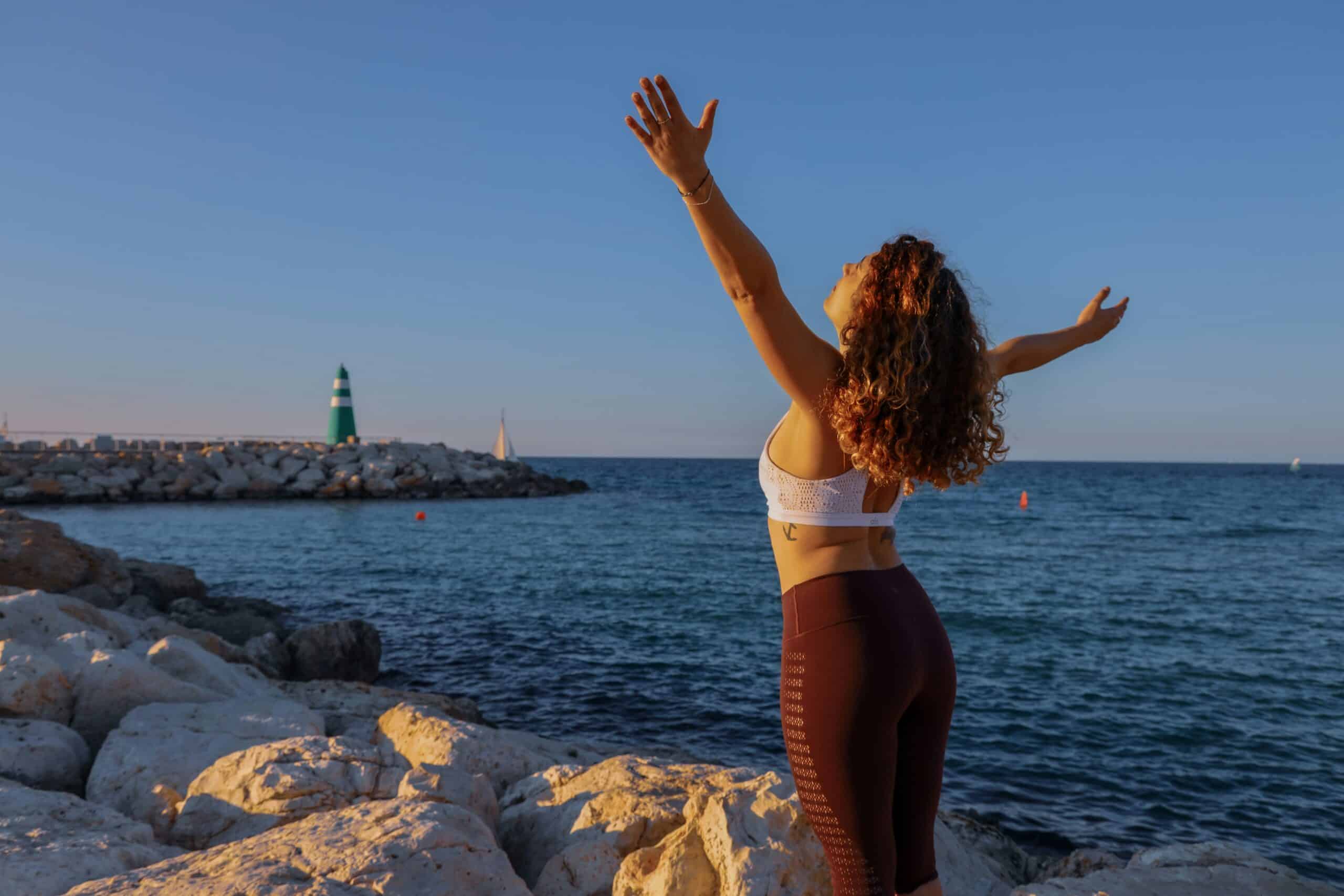
Ready for professional help? Here’s what to expect
Admitting you need help can be hard, and people put it off for lots of reasons. But barriers can be overcome, and in fact many people find that their friends and family are relieved and supportive when they take the first step to get professional help.
There are many different options for treatment when you’re ready, and as people’s concerns may range from mild to serious, here’s what you can expect.
Types of treatment
Brief therapy: This often involves just a couple of sessions to help you on your way. This is suitable for most people who are concerned about their drinking and want to change, but whose problems aren’t severe, such as having a dependence on alcohol (e.g. excessive use, strong cravings, lack of control).
Outpatient counselling: This is seeing a psychologist or counsellor, usually for an hour once a week or once a fortnight, to gain some insights into the reasons for both drinking and changing, and develop some skills to make those changes. This is suitable for most people who want to make changes, even people who are dependent.
Day programs: Some services offer day programs where you spend all or most of the day in individual and group activities aimed at developing skills to make changes to your drinking. It’s very much like a residential rehabilitation program except that you go home in the evening. Most programs are 9am-5pm or 9am-3pm, and vary in length.
Residential rehabilitation: Thanks to American movies, this is often the first thing people think of when they hear the word treatment, but it’s actually suitable for a relatively small number of people. Typically, people that go to a live-in program have a range of factors like homelessness or unstable housing, previous unsuccessful attempts at treatment, or additional physical or mental health issues that make it difficult to stop drinking through other types of treatment. In residential rehabilitation, you will be offered individual and group therapy, plus learn life skills like cooking and gardening, as well as getting help with study or employment if you need it. There may be a range of other optional or mandatory activities like sport and exercise. Programs also vary in length, possibly up to one year.
In most cases, people will be required to complete a supervised alcohol withdrawal before they enter.
Withdrawal: For people who are dependent on alcohol and are at risk of severe problems when they stop drinking, such as life-threatening seizures, a withdrawal program before treatment is recommended. For alcohol this is usually 7 days either in a hospital type setting or at home. Our friends at the Clean Slate Clinic offer home based withdrawal through telehealth with a year post withdrawal support to keep you on track. Residential rehabilitation programs usually require their residents to have completed withdrawal before they enter.
Read our article for more information on alcohol withdrawal.
What to expect
Assessment: The first step in alcohol treatment typically involves an assessment. They’ll ask you lots of questions about yourself, your drinking, medical history and your life circumstances. It may also include questionnaires, and physical examinations. An assessment allows professionals to recommend the most suitable treatment for your circumstances.
Psychoeducation: An important element of treatment, its purpose is to equip you and your family/supporters with essential knowledge about alcohol, its effects and treatment, so you can work together with helping professionals to reach your goals.
Psychological therapy and counselling: Psychological therapy is a core component of alcohol treatment. It’s designed to provide you with the tools and support needed to address underlying issues and develop coping strategies for change. Some therapies have had more research into them so we are more confident that they work. The main therapy used for alcohol problems is cognitive behaviour therapy (CBT), which helps you identify and change unhelpful thoughts and behaviours related to alcohol use. It focuses on developing skills to manage triggers, cravings, and negative emotions. Motivational interviewing (MI) is also effective by helping you explore and reflect on your personal motivation to change. General counselling can help resolve general life problems, but is not very effective for alcohol specific problems. Psychological therapy and counselling can happen in residential and non-residential settings.
Group therapy: In group therapy you’ll share experiences with other group members, gain valuable insights, and learn from others facing similar challenges. Group therapy is different from psychoeducation sessions in that it may focus on skills building topics such as relapse prevention, communication techniques, and coping strategies.
Aftercare and Support: After formal treatment you may still need or want additional support. A range of options can help you stay on track and prevent slips back into old drinking patterns. Services may offer after care programs 1:1 or in groups, and you can look for peer support groups like SMART Recovery, or individual peer workers and ‘sober coaches’ can help provide that extra support after treatment.
Medication: Some medications might be prescribed on a short or long term basis to support your treatment. These medications may help reduce cravings, manage withdrawal symptoms, and prevent relapse. Other medications might be prescribed for mental health symptoms or physical health issues.
Change can be challenging and there are many options – from brief to intensive treatments – that can provide support and help you along your change journey. If you want to discuss these options further, talk to your GP or call the National Alcohol and other Drug Hotline on 1800 250 015.
Let us know how you go. We are here to help you change your relationship with alcohol and meet your personal goals, whether that is taking a break, cutting back or quitting.
The Hello Sunday Morning Team










I was a regular drinker. I’m 69 . I was drinking red & white wine, port beer and any spirits available. Yes l had a problem. I wanted to quit but kept finding excuses not to. My heart was in trouble and my liver was suffering. I didn’t think I’d be around long. Then l stopped drinking red wine and port as they were like depressants. Then last year stopped the white wine and beer. I still drink beer but it’s alcohol free. Maybe 2 stubbies a day. I’ve been drinking over 50 years so it doesn’t happen overnight. It’s hard for a couple of weeks. My health has improved but apart from that nothing has really changed. It took me along time to realise my 2 shitzus are my family and they need me. I also have 9 grandkids. So l guess there’s plenty to look forward to. I wish l had of done this years ago but that’s life. Good luck to all. I hope you’re successful.
Hi! What about the many alcohol-free coaches who work remotely? Usually you will be placed into a group and get the benefits of a supportive community along with professionally trained coaches. That’s how I got to 3 years A/F and not even tempted to go back! Highly recommend https://www.sarahconnelly.com.au/
For US-based coaches check awakealcoholfree.org and click on AF coaching